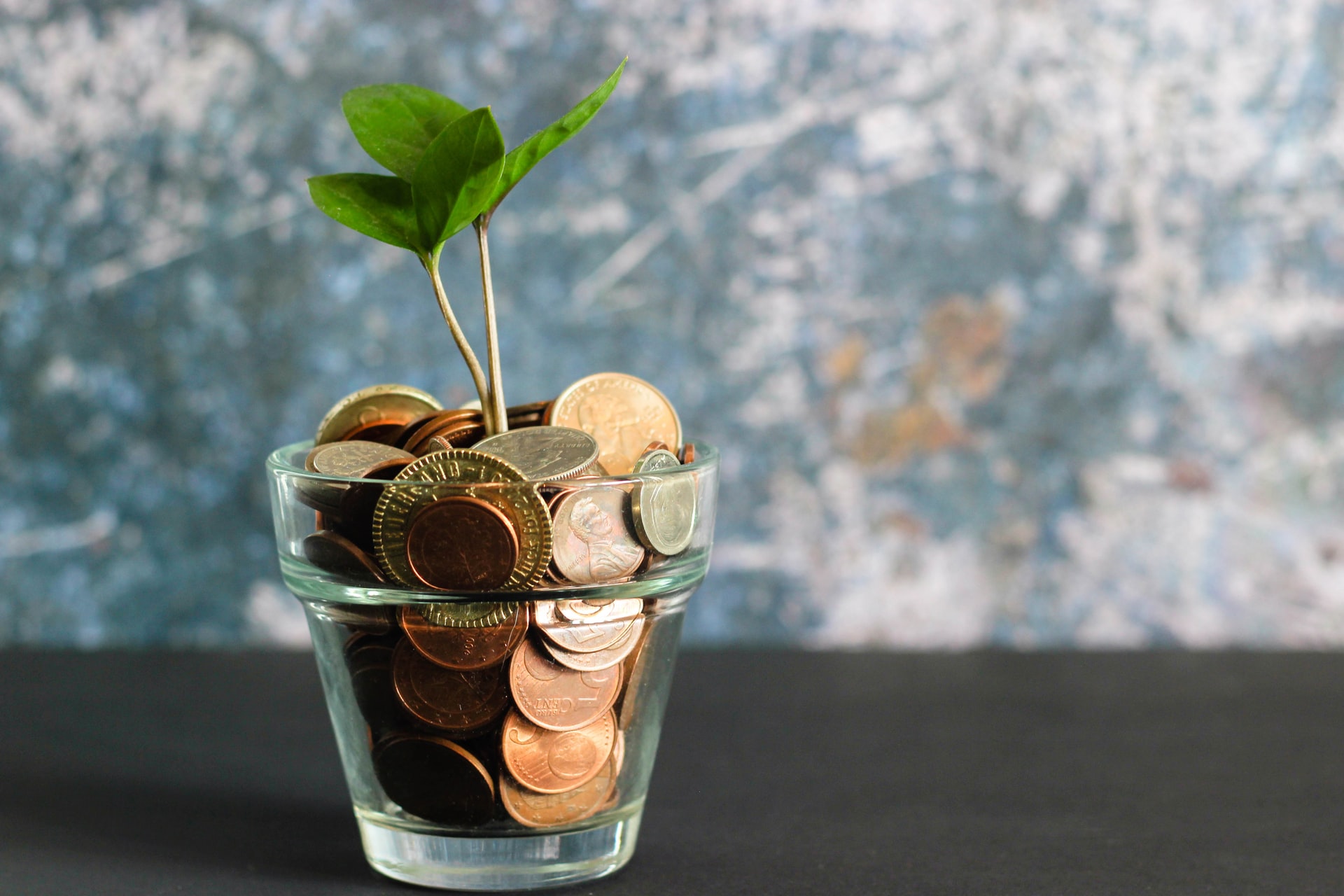Economic violence is an understudied subject of a widespread practice against women in large parts of the world, including South Asia. In this illuminating post, Aisha Jalil gives an overview of the issues and concerns surrounding the subject in Pakistan, and how they may be addressed.
Economic violence against women is one of the most prevalent yet invisible and disguised forms of domestic violence in Pakistan. Sadly, it often remains imperceptible to the women themselves because they are socially conditioned to willingly let men control their economic assets, along with a deeply ingrained acceptance of abusive behaviour from male partners or relatives, and a lack of awareness of women’s rights. Most often, abusive behaviour is kept hidden in the name of protecting family honour by the women while men consider it culturally legitimate to control women’s economic resources.
Economic violence (i.e., any action that causes economic harm to an individual) can take several forms — from restricted access to financial resources or work opportunities to damage to personal property, assuming/snatching ownership of assets, land and money, forced labour, and not agreeing to financial or care responsibilities of family/dependents. Despite international efforts towards women’s empowerment and the importance of financial security in everyone’s lives, little research is available on economic violence against women, especially in South Asia. This post highlights social behaviour patterns in Pakistan that contribute to the prevalence of such violence.
*
Like illiterate and/or uneducated women, most educated women in Pakistan also idolise the label of a ‘good wife/daughter/sister/mother’, and believe in letting men control their finances and economic resources. Professionally-employed women may share the burden of the household with men, sometimes by force of circumstance like when their husbands are unable to provide sufficiently for the welfare of the family. But this creates complications in society: most importantly, women’s femininity is seen to be gradually eroded and replaced with masculine traits if they go to work, which in turn is perceived as a threat by men. If not being able to economically support one’s family makes a man less masculine, then a woman is seen to become masculine by earning/providing for the family. In cases of divorce, men are most often set free from financial responsibilities towards the household and family. In such circumstances, owning economic resources are helpful for a women to lead her life.
Generally speaking, men do not want to marry a woman they cannot control. Scholars have been redefining masculinity in different social contexts for several decades. In countries like Pakistan, women’s empowerment with finances, work and education is misunderstood or projected as women wanting to discard men from their lives. So, what kind of masculinity is needed to grant women social freedom in Pakistan? If women are perceived to acquire ‘masculine’ traits by gaining employment (and its associated empowerment) yet not lose their feminine identity, can social acceptance be engineered by explaining some personality traits as unisex qualities? Perhaps men should be sensitised through masculinity support programs to ensure that economically-equipped women are not seen as a threat in society. Women should have the freedom to do anything they wish to, just like men, but should not feel any obligation for being ‘allowed’ or ‘permitted’ to do so, or to have to do anything against their will. Men should redefine masculinity in contemporary society where the identity of the woman is changing, evolving, and also being redefined.
*
Men (brothers, husbands, in-laws) control a woman’s property (inherited or acquired) and finances, often gaining complete control, through a variety of emotional appeals and/or arguments like fake demonstrations and promises of care, use of threat, verbal abuse and physical violence. Daughters are socialised to let their right to parental property be given to their brothers as a gesture of love. Doing so is considered a signature of a good sister; refusal brings labels of greediness and meanness. Women also fear losing contact with their brothers (and the extended natal family, including their parents) if they assert their right to inheritance, so they often choose not to do so.
In Pakistan, where a woman is often reluctant to even give her name on a mere retail invoice (for eg., while purchasing in a shop) for a variety of reasons, how can she imagine going to a police station or court to claim her property rights or buy assets in her own name? Men use the reality of such reluctance as a shield and valid reason to hijack women’s assets (especially inheritance). Additionally, the ‘good girl syndrome’ acts as a further deterrence for women who, in turn, believe that instead of dealing with savage men in the outside world who they are sure to encounter if they step out to claim their rights, they are better off being roughly handled by men at home. Brothers justify denying the right of inheritance of a sister usually by citing the dowry given to them at the time of marriage which, they argue, compensates for lost inheritance. As a result, most often women end up remaining in abusive marriages because they do not have another place to go to, especially when potential social consequences include homelessness and lack of resources for survival.
*
Researchers have developed a Scale of Economic Abuse to measure the extent of economic exploitation of women, which analyses economic violence against women in various countries like China and Turkey. This should be adapted and tested for South Asia.
Equality for women in patriarchal societies relies on the support of men in their lives, which will grant them freedom and socio-economic independence. Women need to understand that rights are important, and they need to fight for their economic rights. They have to believe that it is better to have their identity (name, photograph) inscribed on documents rather than not having them for fear of societal abuse or ‘misuse’. At the same time, social stigma attached to women claiming/owning assets and asserting their rights must be addressed; it should be ingrained in the personality of men that it is part of their honour to not take away a woman’s rights.
Although there has as yet been no evidence of the effective implementation of this bill, similar Acts for the protection of sisters from violent brothers should be passed to ensure their right of inheritance. This would be an important step towards increasing women’s ownership of financial resources.
The possibility of having personal bank accounts, real estate property, agricultural land and other assets should be gravitated towards women. The implementation of the Domestic Violence (Prevention and Protection) Bill, 2021 must be ensured to support women who seek justice and claim their economic rights. If women themselves do not demand their economic rights and not make decisions concerning their money, then mere policies of empowerment will never bring real change.
*
The views expressed here are those of the author and do not represent the views of the ‘South Asia @ LSE’ blog, the LSE South Asia Centre or the London School of Economics and Political Science. Please click here for our Comments Policy.
This blogpost may not be reposted by anyone without prior written consent of LSE South Asia Centre; please e-mail southasia@lse.ac.uk for permission.
Banner image © Khadija Yousaf, Lahore, 2018, Unsplash.
*








Learn a new path from this blog